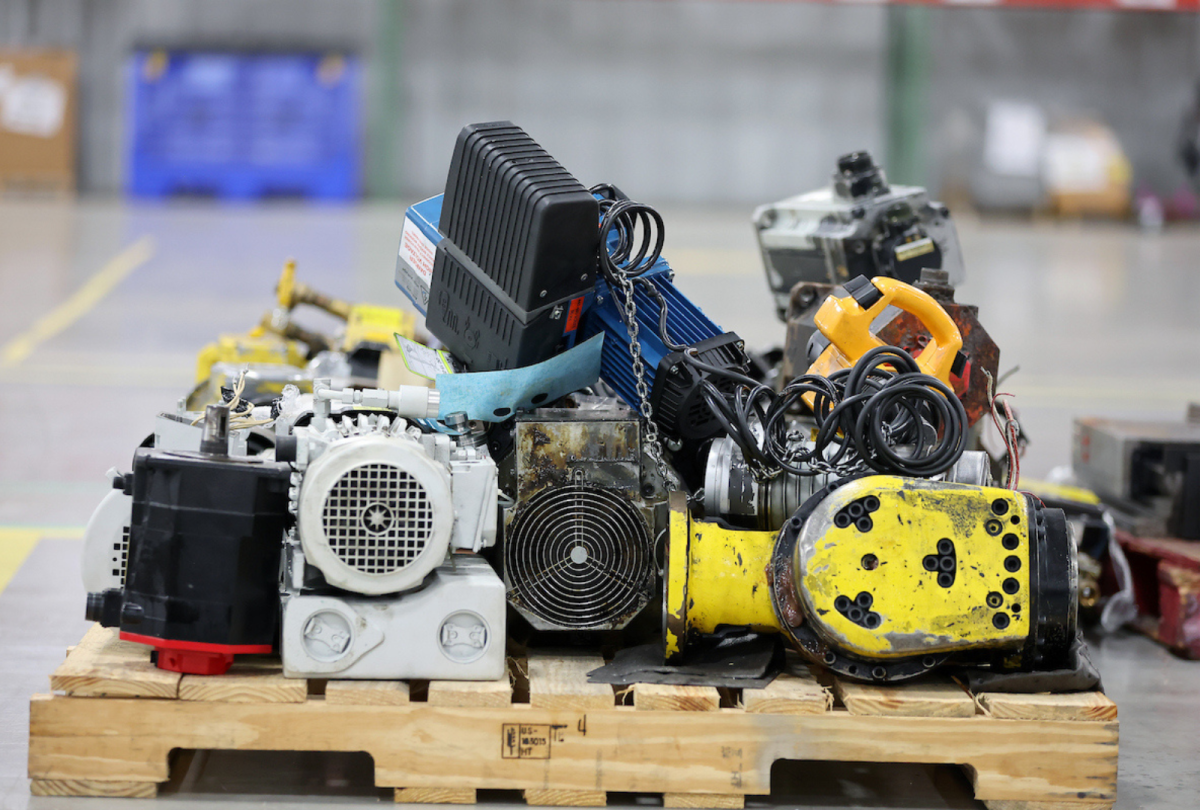Home / Environment / Automakers Embrace Circular Economy to Reduce Waste and Emissions
Automakers Embrace Circular Economy to Reduce Waste and Emissions
29 Sep
Summary
- Honda's Resource Circularity Center recycles industrial tools and equipment
- Mercedes-Benz investing €60 billion to transform production network
- Automakers aim for 100% sustainable materials and carbon-free energy

Automakers are making significant strides in greening their industry, from tailpipe emissions to manufacturing and supply chain sourcing. Some are going even further, investing in solutions to make the production and lifecycle of vehicles more sustainable beyond regulatory requirements.
Honda's Resource Circularity Center is focused on recycling and repurposing tools, equipment, and other items used during vehicle production, diverting waste from landfills and reducing the company's reliance on virgin raw materials. As Honda transitions to electric vehicle (EV) production, the Center aims to convert end-of-life products into raw materials that can be reused in the supply chain, such as repurposing aluminum and steel from disassembled industrial motors and robots.
Meanwhile, Mercedes-Benz's Ambition 2039 project aims to make the company's entire fleet of new vehicles net carbon neutral across the entire value chain and lifecycle by 2039. To achieve this, the luxury automaker will invest more than €60 billion by 2026 to transform its production network toward carbon neutrality, including a partnership to explore urban mining, where valuable components are recovered from end-of-life vehicles.
Automakers are embracing a circular economy approach, recognizing the importance of reducing waste, recycling materials, and minimizing their environmental impact. These efforts are part of a broader industry-wide push to achieve 100% sustainable materials and carbon-free energy use in the coming decades.




